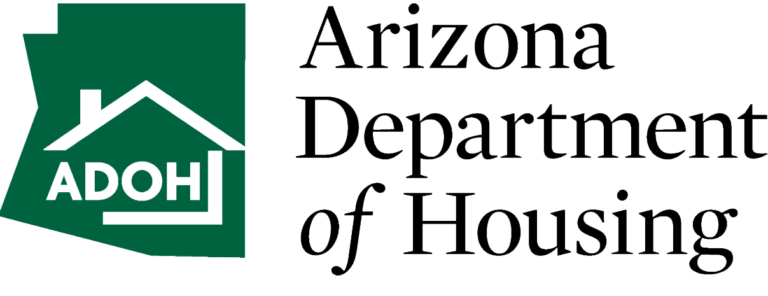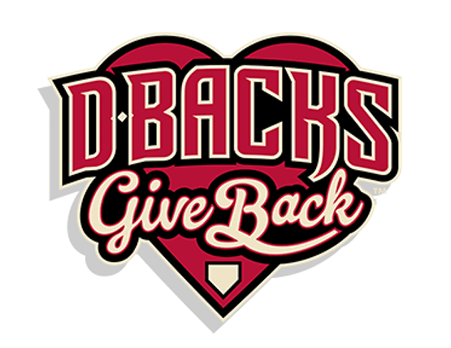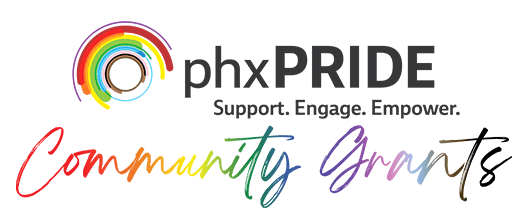Promoting Arizona's Well-Being Since 1974.
We envision an Arizona where people’s behavioral and physical health needs are met, families flourish, and communities are connected.
PROMOTING ARIZONA'S WELL-BEING SINCE 1974.
Healing & Uplifting Communities for a Healthier Arizona
At Open Hearts, we strive to provide mental health services to grow hope, provide access to resources, and build healthy relationships for children, youth, adults, and families across Arizona.

Our Services
Designed to meet the Behavioral and Mental Health needs
of the community and create solutions to address homelessness.
Don't know what type
of service you need?

JOIN US IN MAKING AN IMPACT.
Making a Difference, Together
SUPPORT OPEN HEARTS FOR A HEALTHIER ARIZONA
Thank You
for Your Support.








